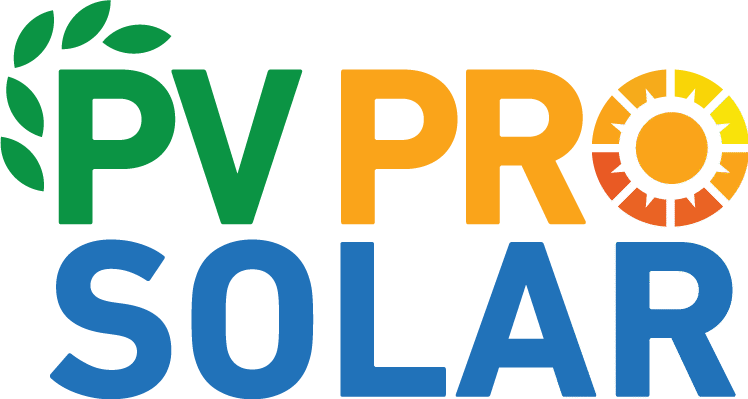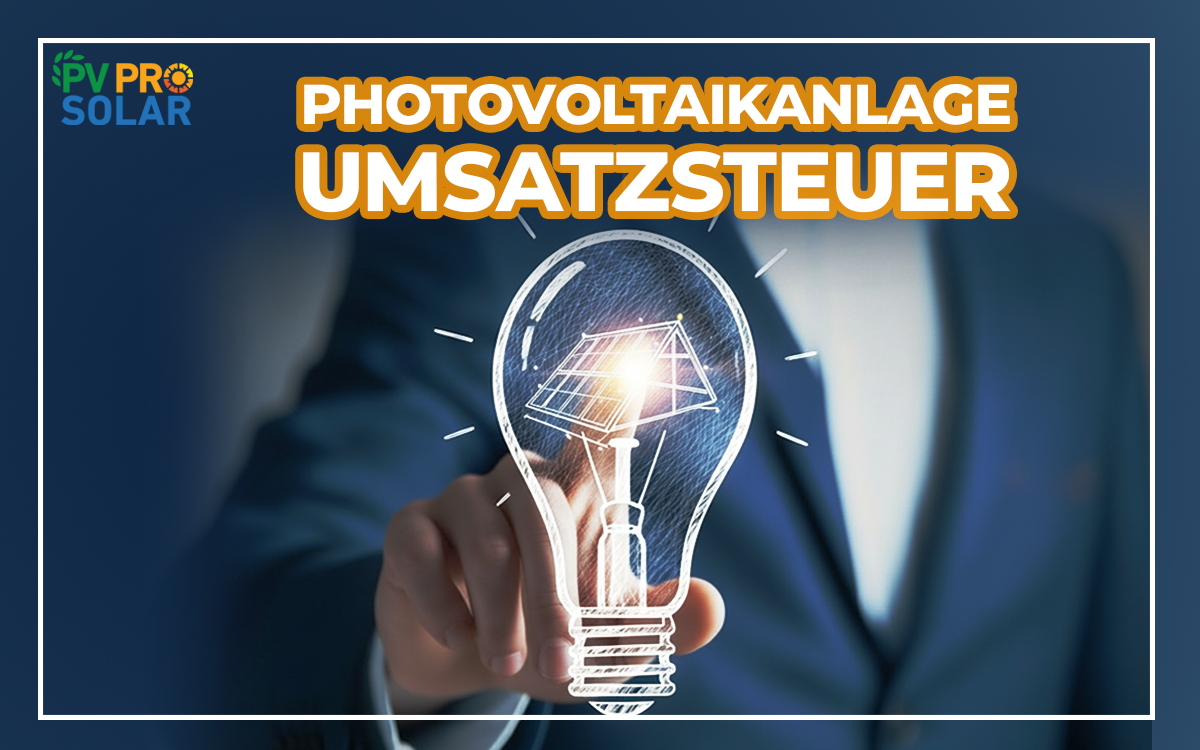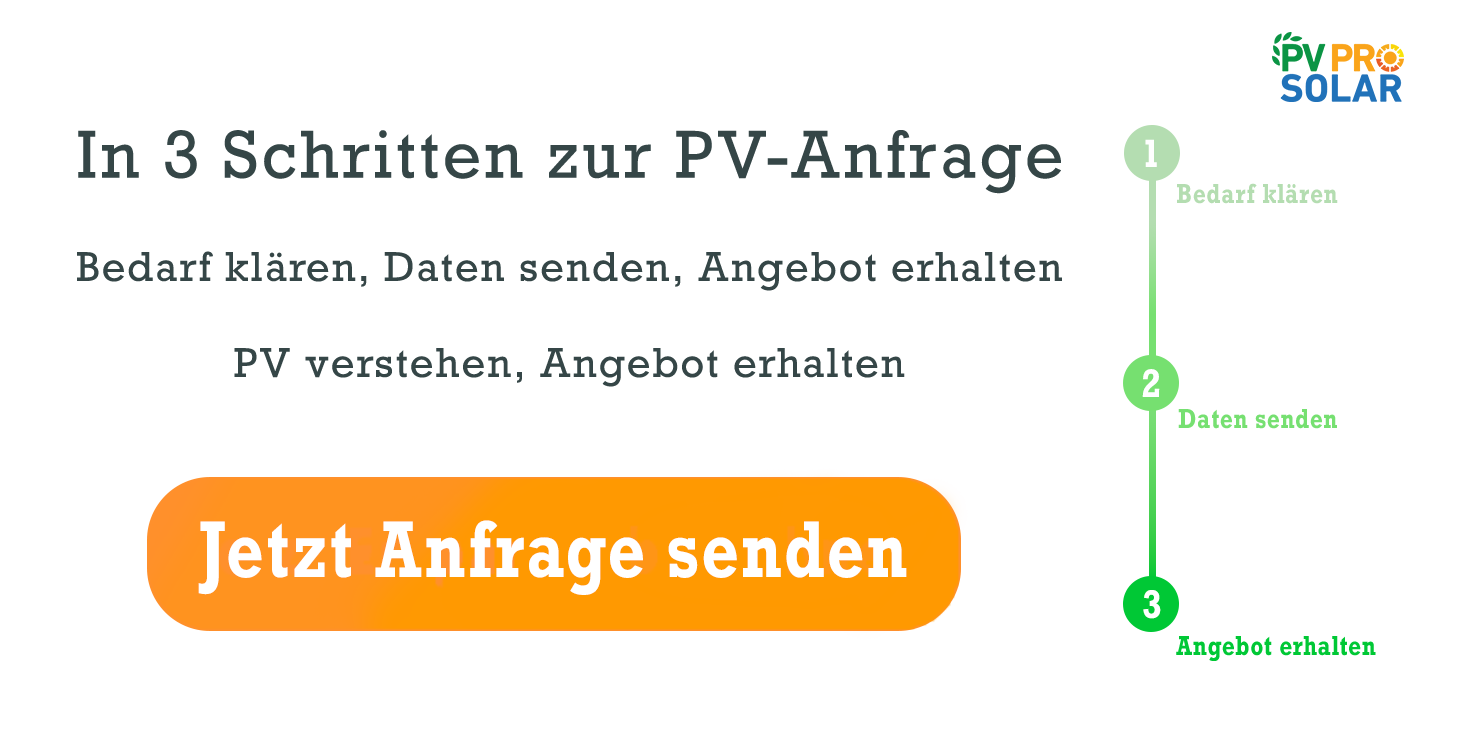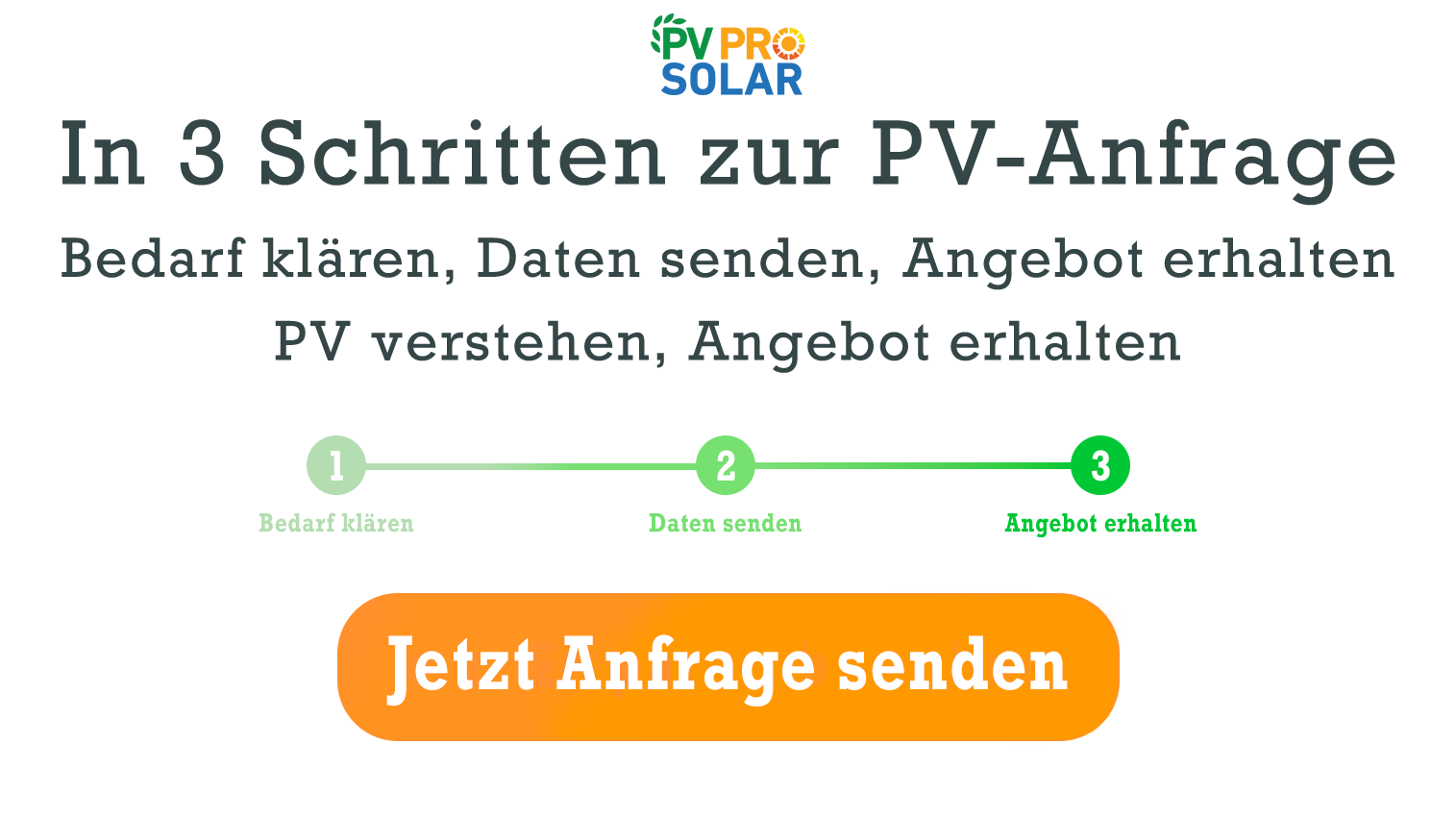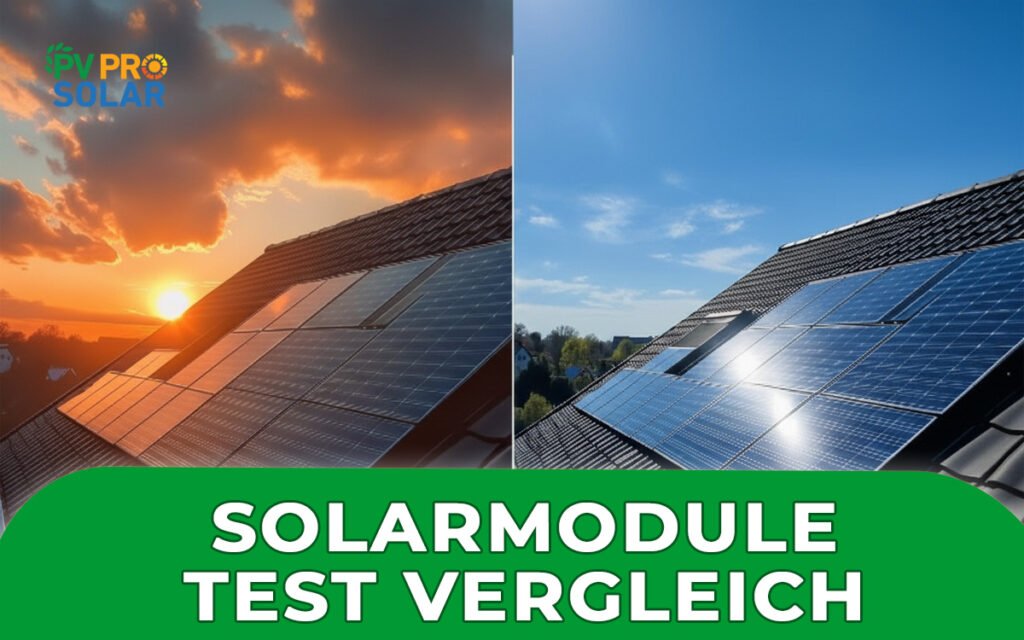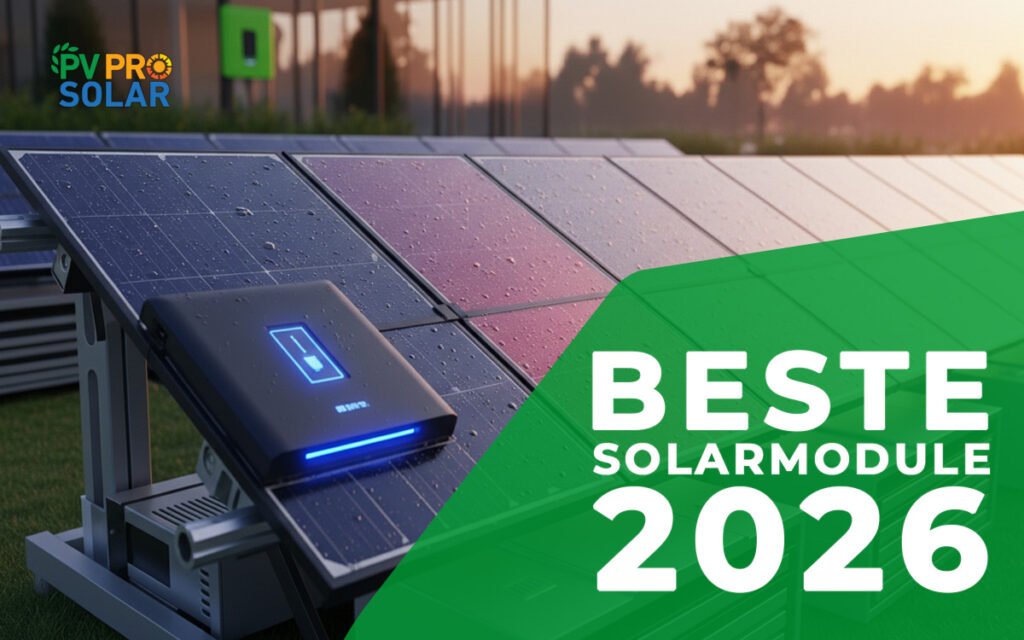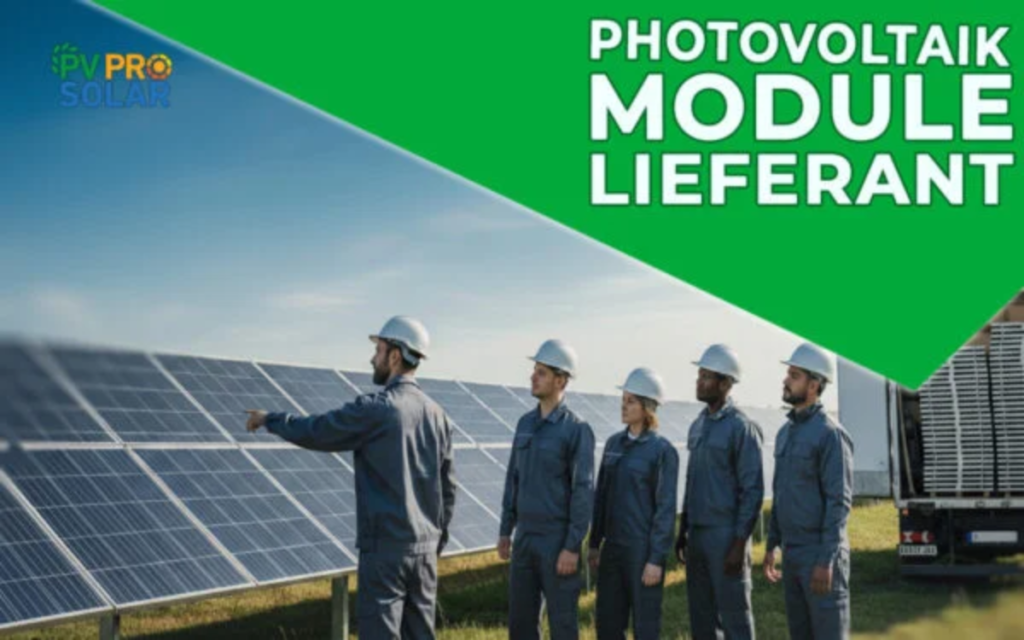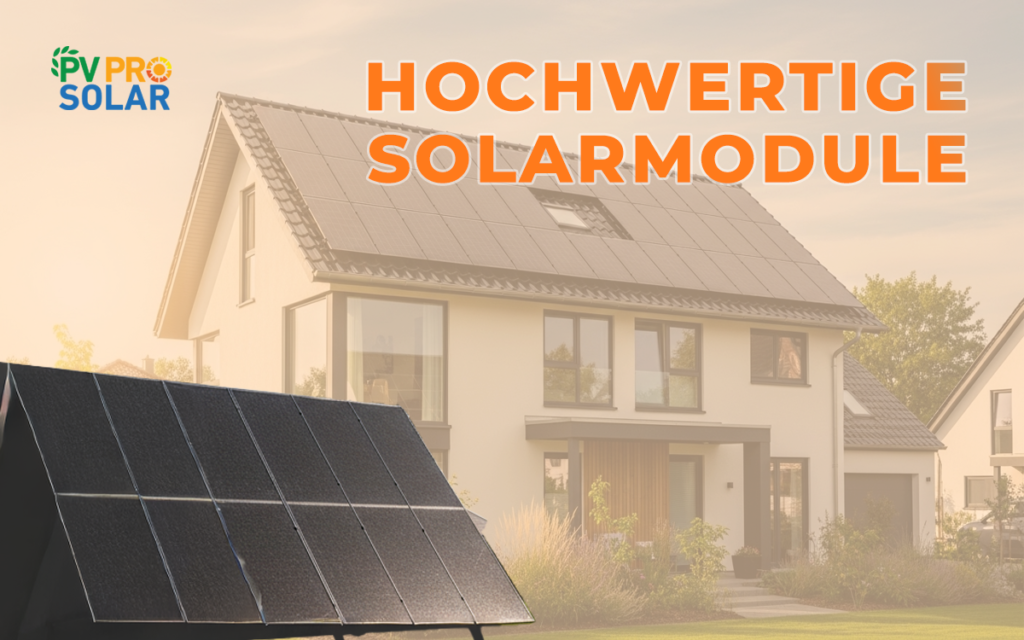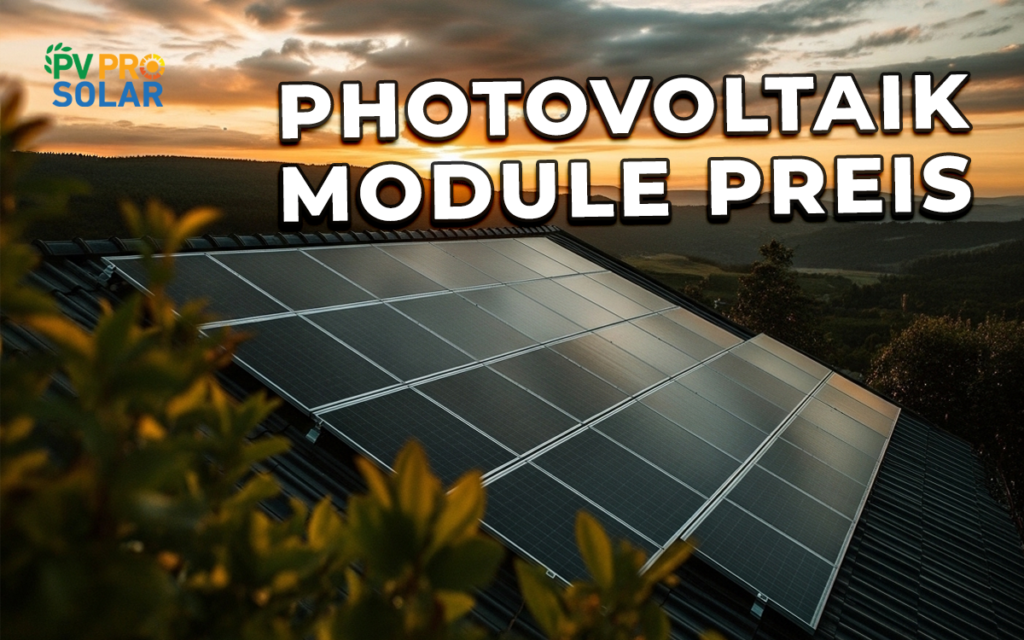Photovoltaic System VAT: Tax liability or exemption?
Photovoltaic systems are becoming increasingly popular among private individuals and businesses alike. A central question for many prospective buyers is: How is VAT handled for photovoltaic systems? This article comprehensively explains the current tax situation and essential considerations for system operators.
What Does VAT Mean for Photovoltaic Systems?
VAT (Value Added Tax) is a tax levied on the sale and purchase of goods and services, including solar panels, modules, inverters, batteries, and other components. VAT becomes relevant for photovoltaic (PV) systems because operators can be viewed as entrepreneurs when they feed surplus electricity generated by their solar panels into the public power supply grid.
Who Needs to Pay VAT on Photovoltaic Systems?
Generally, anyone operating a photovoltaic system and making electricity sales is considered an entrepreneur for income tax purposes and is therefore subject to VAT. The current VAT rate set by the German government is 19%.
Is There a VAT Exemption for Photovoltaic Systems?
Yes, the government introduced a special regulation effective January 1, 2023: photovoltaic installations with up to 30 kWp installed gross capacity on single-family homes, household buildings, or commercial buildings benefit from VAT exemption. This measure means operators of smaller installations no longer need to remit VAT, significantly reducing costs for domestic users.
What Conditions Apply to the VAT Exemption?
The criteria include clearly defined conditions:
- The solar system installation must have a maximum rated gross capacity of 30 kWp.
- The system must be installed on a residential building, domestic household, or an associated outbuilding.
- The installation should not be predominantly used for large-scale commercial power supply, although small-scale businesses are permitted.
- The exemption includes installations without extensive battery storage solutions, although smaller household batteries for improving efficiency and storage are allowed.
This government measure significantly reduces the financial burden for those installing photovoltaic panel systems under the defined conditions.
Advantages and Disadvantages of VAT Exemption
The exemption offers benefits such as reduced bureaucratic effort and lower initial investment costs, particularly advantageous to homeowners. However, it eliminates the possibility of reclaiming input VAT on additional equipment.
Advantages:
- Less administrative effort
- Lower investment costs
Disadvantages:
- Loss of input VAT deduction
- No VAT refund for initial purchase
How Does Input VAT Deduction Work for Photovoltaic Systems?
If you consciously decide against the VAT exemption and opt for regular VAT taxation, the law permits you to benefit from input VAT deduction. Operators can reclaim the VAT paid (19%) from the tax office on the purchase price of the system and associated components. However, they must pay VAT on electricity sold when exporting surplus electricity.
How Do I Decide If Input VAT Deduction Is Beneficial?
The decision depends on several factors:
- Initial system purchase costs and type of equipment
- Planned electricity production and consumption
- Expected electricity fed into the public grid
In many cases, regular VAT taxation is financially advantageous, particularly for larger systems with significant surplus electricity fed back into the grid.
How Do I Properly Register My Photovoltaic System with the Tax Office?
To ensure compliance, you must register your system with your local tax office. Submit the tax registration questionnaire and clearly choose either VAT exemption or regular taxation with input VAT deduction.
Can I Switch from Regular Taxation to VAT Exemption Later?
Yes, switching from regular VAT taxation to VAT exemption is possible, but it is subject to specific conditions and time limitations. Consulting a tax advisor before making such a switch is highly recommended to avoid potential disadvantages.
VAT for photovoltaic systems requires clear decisions and careful consideration between input VAT deduction and exemption. While smaller systems, typically installed on residential roofs, often benefit from exemption, larger systems usually find regular taxation more beneficial. Individualized advice and thorough planning are crucial to fully utilize tax advantages and sustainably benefit from investing in renewable energy.
Yes, as an operator feeding electricity into the grid, you typically need to submit an annual tax return, regardless of whether you pay VAT or are exempt.
If you choose regular taxation later, reclaiming VAT retroactively for purchases is only possible under certain conditions. Generally, the system registration date is considered the reference date for input VAT deduction. Do I need to file a tax return as a private system operator?
Can I retroactively claim VAT?
